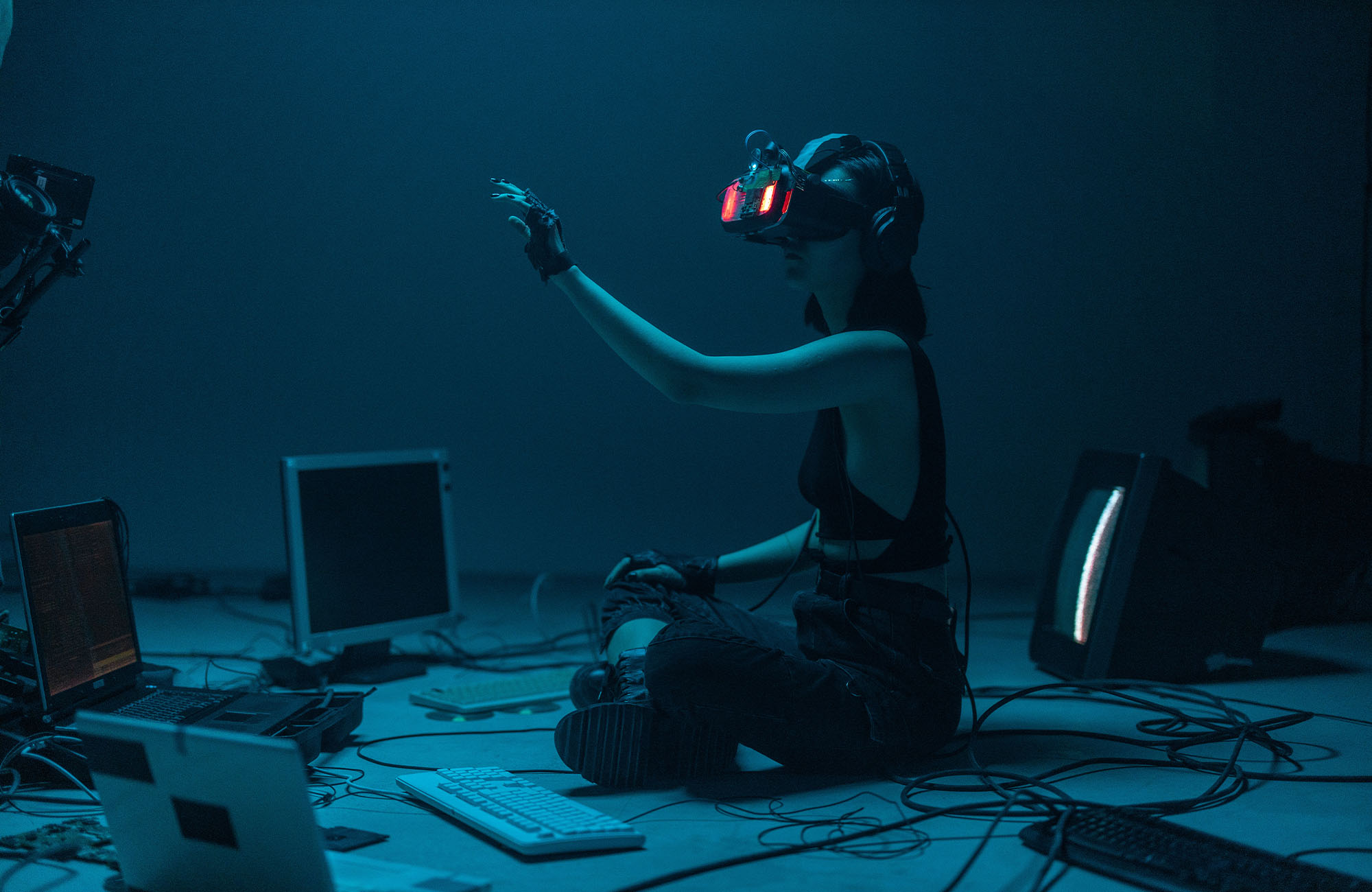
Unleashing the Power of AI: Revolutionizing Songwriting for Hip-Hop Artists
Image by https://claudeai.wiki/
Hip-hop, as a genre known for its poetic and lyrical prowess, continues to evolve with the aid of technological advancements. Artificial intelligence (AI) has emerged as a transformative tool for hip-hop artists, enabling them to amplify their songwriting skills and push creative boundaries. In this article, we explore how AI can revolutionize songwriting for hip-hop artists, providing them with innovative resources and techniques to enhance their craft.
Rhyme and Wordplay Assistance
AI-powered tools can analyze vast databases of lyrics, identifying patterns, rhyme schemes, and word associations utilized by renowned hip-hop artists. These resources help artists improve their rhyme and wordplay abilities, enabling them to create intricate and memorable verses. Some popular AI resources for rhyme and wordplay assistance include:
- RhymeZone: A comprehensive online rhyming dictionary that provides a wide range of rhymes and near-rhymes.
- Genius: An extensive database of annotated lyrics that can offer insights into the techniques and wordplay used by influential hip-hop artists.
Beat Production and Music Composition
AI algorithms can aid hip-hop artists in beat production and music composition, offering an array of samples, drum patterns, melodies, and chord progressions. These tools assist artists in experimenting with different musical elements and crafting unique sonic landscapes. Popular AI resources for beat production and music composition include:
- Amper Music: A platform that uses AI to generate custom music tracks based on specific moods, genres, and preferences.
- Melodrive: An AI-driven music composition tool that dynamically generates music based on user input, allowing for real-time adjustments and experimentation.
Lyric Generation and Inspiration
AI can serve as a valuable source of inspiration for hip-hop artists, offering prompts and generating lyrics that spark creativity. By analyzing vast datasets of existing lyrics, AI algorithms can suggest innovative ideas and help overcome writer’s block. Popular AI resources for lyric generation and inspiration include:
- OpenAI’s MuseNet: A deep learning model capable of composing original melodies and harmonies across various genres, providing a starting point for hip-hop artists to build upon.
- LyricFind: A comprehensive lyric database that allows artists to search for specific words, themes, or phrases, providing inspiration and reference points for their songwriting.
Vocal Processing and Effects
AI-powered vocal processing tools can enhance the quality and uniqueness of hip-hop artists’ vocal performances. These tools offer a wide range of effects, such as auto-tuning, harmonization, vocal synthesis, and voice modulation, enabling artists to experiment with different vocal styles and create distinct sonic identities. Popular AI resources for vocal processing and effects include:
- Antares Auto-Tune: A widely used pitch correction software that has become synonymous with the hip-hop genre.
- iZotope VocalSynth: A vocal processing plugin that combines various effects to transform vocals and add character to recordings.
Sentiment Analysis and Audience Engagement
AI technology can help hip-hop artists gauge the emotional impact of their lyrics and understand audience preferences through sentiment analysis. By analyzing social media data and audience responses, artists can refine their lyrical content and tailor their messages to resonate deeply with listeners. While specific AI resources for sentiment analysis may vary, social media monitoring tools like Hootsuite and Brandwatch can provide valuable insights into audience engagement and sentiment.
Embracing AI with Authenticity
While AI can be a powerful ally for hip-hop artists, it is essential to maintain authenticity and ensure that personal creativity remains at the forefront of the songwriting process. AI should be seen as a tool to complement and enhance artistic expression rather than a replacement for human ingenuity.
Conclusion
AI technology presents an exciting array of opportunities.


No Comments